Thoughtfully curated by guest Gareth Bryant (PhD student, Open University), this exhibition explores networks of solidarity between groups campaigning on peace, nuclear weapons and national self-determination.
Introduction
In the late 1950s, hundreds of thousands of people took part in demonstrations against Britain’s role in the nuclear arms race, sparking a movement that would continue until the present day. Over the decades, individuals from different classes, genders, races and religions would be united in their support or rejection of nuclear disarmament. At times of great political division, these alliances evolved to incorporate debates over industrial relations, social policy and British identity as a whole.
The exhibition approaches this network primarily from the point of view of peace and anti-nuclear groups such as the Campaign for Nuclear Disarmament (CND) and the Campaign Against Arms Trade (CAAT). However, it invites you to consider how the interests and goals of any group can interact and intersect with one or more others. Also on display are the opponents of nuclear disarmament, such as Women for Families and Defence, hoping to foster a deeper understanding of the diversity of opinion that continues to characterise British society.
All of our collections are available for everyone to look at. If you’re interested in exploring further, take a look at our Peace and Internationalism collection highlight page.
Campaign for Nuclear Disarmament
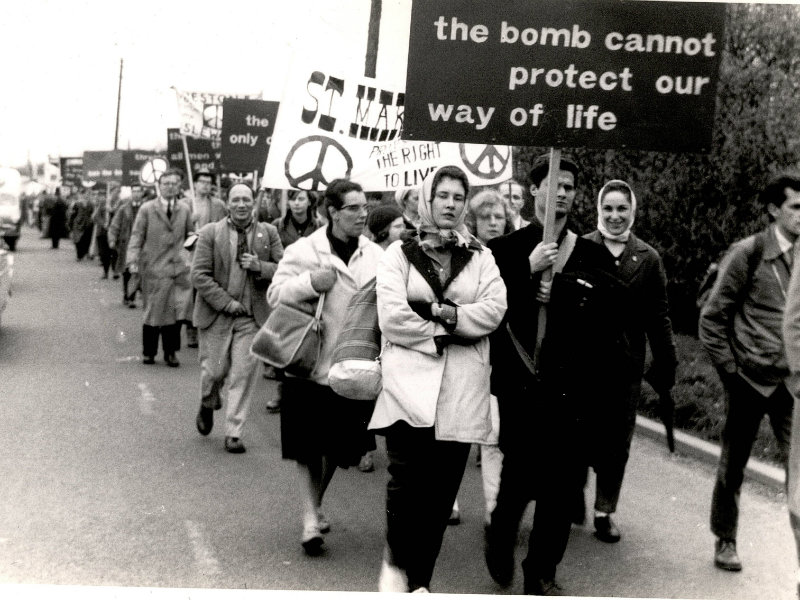 Gareth explores the CND from three perspectives – national self-determination in Wales and Scotland, solidarity in the trade union movement, and Christianity. Using the CND archives held at LSE Library for his PhD, Gareth shares the results of his research on these fascinating topics.
Gareth explores the CND from three perspectives – national self-determination in Wales and Scotland, solidarity in the trade union movement, and Christianity. Using the CND archives held at LSE Library for his PhD, Gareth shares the results of his research on these fascinating topics.
Pat Arrowsmith
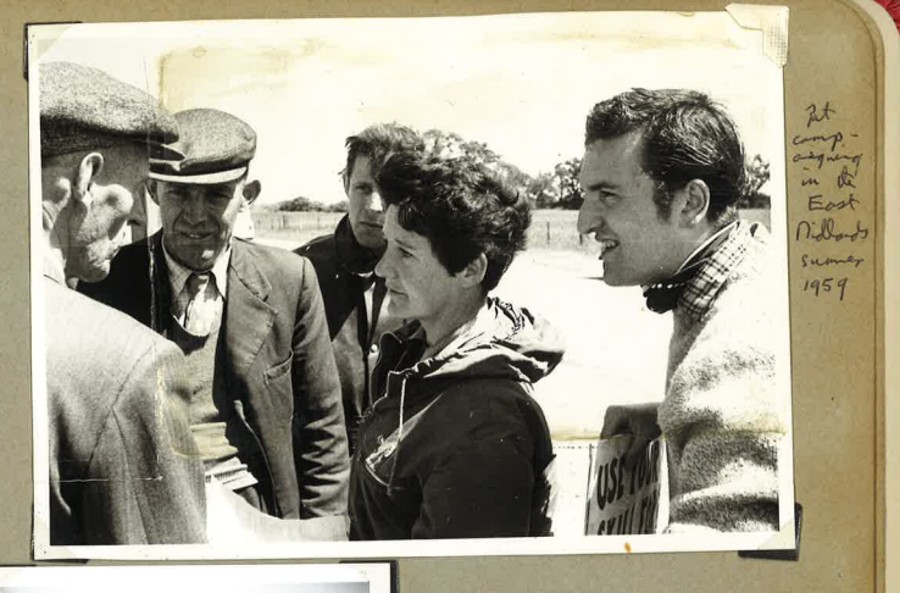
Pat burst into my life 25 years ago, giving me a right telling-off for too much talk and not enough action! This was typical of the Pat I came to know and love. She was an inspiring and courageous woman who always chose the deed. She was as different from an armchair philosopher as it is possible to be.
Chair of CND Kate Hudson shares her memories of Pat Arrowsmith, the extraordinary peace campaigner who helped establish the peace marches at Aldermaston. For more about Pat explore her papers at the Library.
CAAT
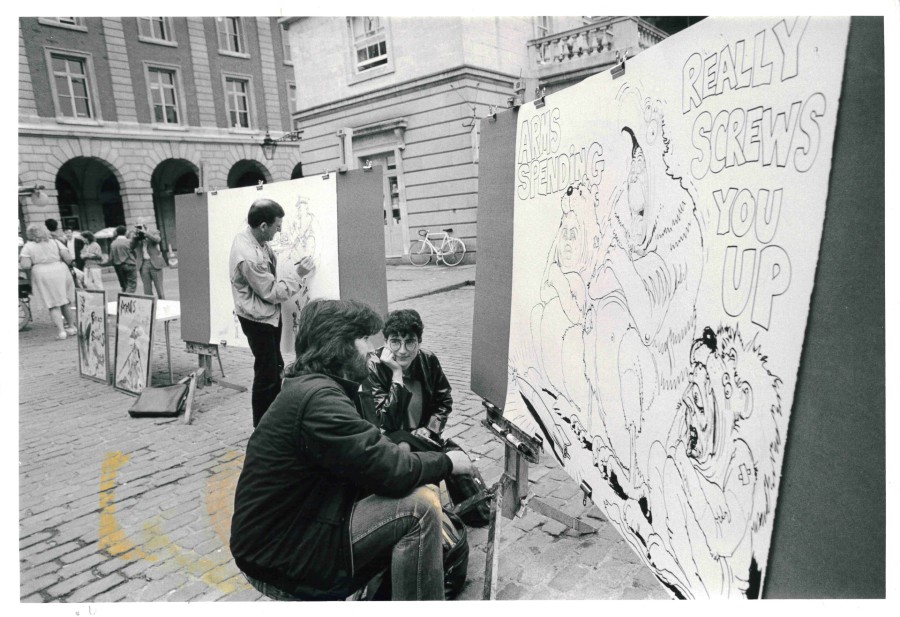 LSE Library are the proud custodians of the papers of CAAT, who commemorate the 50th anniversary of their founding this year. Founded in November 1974 by a coalition of peace groups which realised that while the arms trade intersected with all of their work, there was no organisation with this issue as the primary focus for its campaigns.
LSE Library are the proud custodians of the papers of CAAT, who commemorate the 50th anniversary of their founding this year. Founded in November 1974 by a coalition of peace groups which realised that while the arms trade intersected with all of their work, there was no organisation with this issue as the primary focus for its campaigns.
Women and Families for Defence
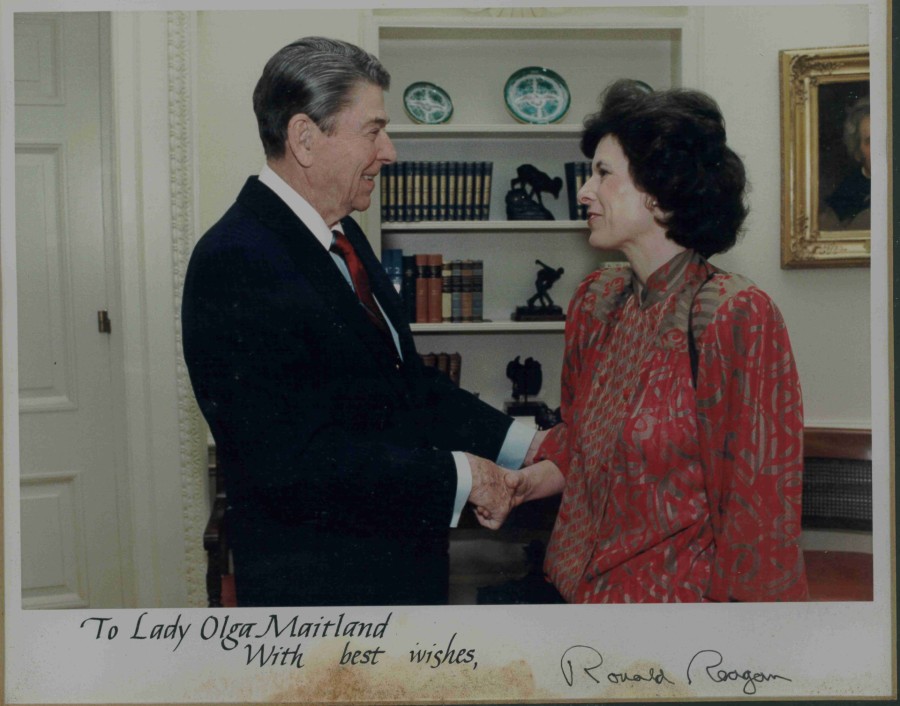
Lady Olga Maitland has loaned the Library these fascinating materials from Women and Families for Defence, an organisation formed in the early 1980s and chaired by Olga Maitland. It was founded in opposition to CND and Greenham Common Women’s Peace Camp, and argued against unilateral nuclear disarmament.
Events
Join us for one of our free exhibition events! Just register for a ticket on Eventbrite.
Exhibition credits
Curated by Gareth Bryant (PhD Student, Open University) with guests Kate Hudson (Campaign for Nuclear Disarmament), Jon Nott, Charles Wright and Sam Perlo-Freeman (Campaign Against Arms Trade), Lady Olga Maitland (Families for Defence), and Daniel Payne (Curator, LSE Library).
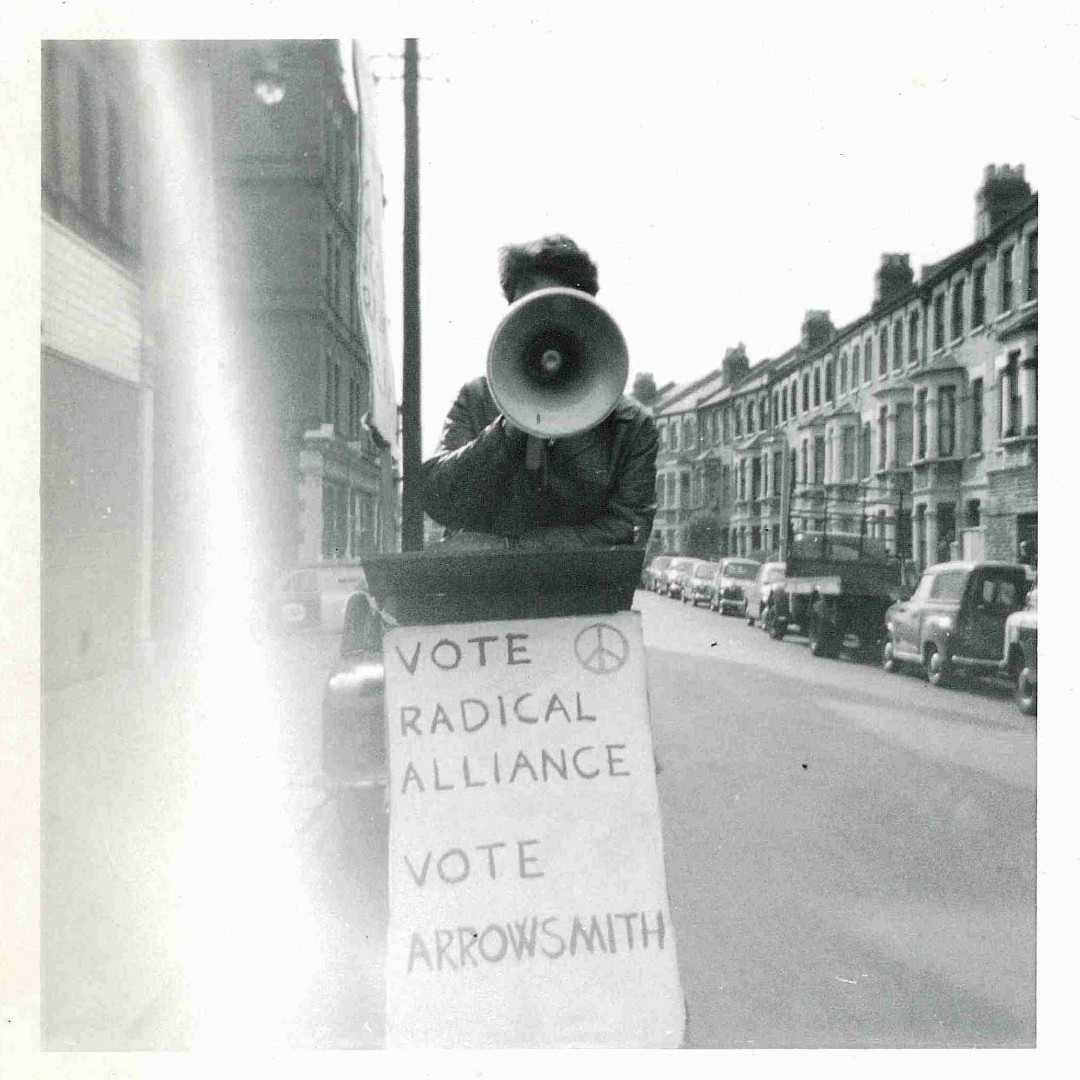 Archives of Pat Arrowsmith, LSE Library
Archives of Pat Arrowsmith, LSE Library
Resource guide
One of our librarians, Dr Paul Horsler, has put together the following guide to relevant resources held at LSE Library. Get in touch for further research advice.
Have any questions?
Contact us via email or find out other ways to get in touch.
The British Library of Political and Economic Science (@LSELibrary) was founded in 1896, a year after the London School of Economics and Political Science. It has been based in the Lionel Robbins Building since 1978 and houses many world class collections, including the Women's Library and Hall-Carpenter Archives.
LSE holds a wide range of events, covering many of the most controversial issues of the day, and speakers at our events may express views that cause offence. The views expressed by speakers at LSE events do not reflect the position or views of The London School of Economics and Political Science.
Whilst we are hosting this listing, LSE Events does not take responsibility for the running and administration of this event. While we take responsible measures to ensure accurate information is given here this event is ultimately the responsibility of the organisation presenting the event.